Liberal deputy leader Sussan Ley and other senior MPs coy on Indigenous voice to parliament campaigning
Several Liberal frontbenchers are yet to reveal their stance on the Indigenous voice to parliament after Peter Dutton vowed to actively work against the government’s constitutional change.
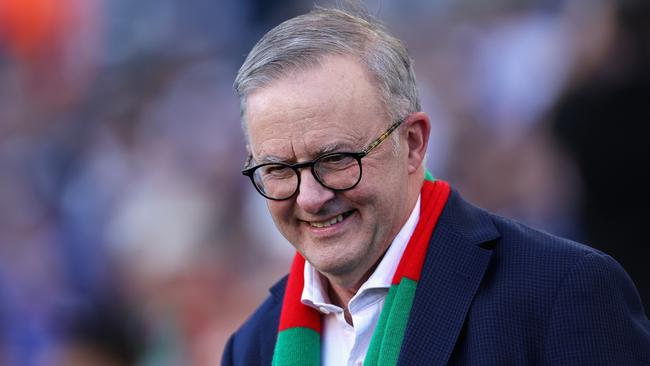
Deputy Liberal leader Sussan Ley and several of her frontbench colleagues are refusing to say how they’ll campaign ahead of the voice referendum, after Peter Dutton vowed to actively work against the government’s model to enshrine the Indigenous advisory body in the Constitution.
Of the Liberal Party’s 17 shadow cabinet ministers, those who explicitly said they would be campaigning for No are the Opposition Leader, West Australian senator Michaelia Cash, Victorian senator Sarah Henderson, NSW MP Angus Taylor, Queensland MP Ted O’Brien and South Australian senator Anne Ruston.
NSW MP Paul Fletcher and Tasmanian senator Jonathon Duniam have said they’ll be making the case for Liberal Party policy on the voice, while Victorian MP Dan Tehan has done several broadcast interviews over the past five days putting the No case.
SA senator Simon Birmingham has said he would leave it to those with the “strongest views” to do the campaigning.
It comes as Anthony Albanese revealed Solicitor-General Stephen Donaghue KC would make his position clear before the referendum on the government’s preferred model for a voice to parliament and the executive, following demands from Mr Dutton and the Liberal Party to publish his advice.
While no referendum in Australia has succeeded without bipartisan support, the Prime Minister said Australia’s political system “has changed substantially”, and pointed to history already being defied this year in the Melbourne seat of Aston – where the government won a seat from the opposition at a by-election for the first time in more than 100 years.
The Australian contacted all shadow cabinet members except Mr Dutton about how they would campaign on the voice but received a direct response from only five of the frontbench MPs, including Senator Cash’s spokesman, who pointed to comments she made on Perth radio last week.
Ms Ley’s spokesman said she did not respond to surveys.
Following a special two-hour Liberal partyroom meeting in Parliament House last Wednesday, which was called in the wake of the disastrous Aston by-election loss, the party endorsed constitutional recognition of Indigenous Australians but opposed the government’s proposal to enshrine a national voice in the Constitution.
Instead, Liberals will advocate for regional and local voices to be established by legislation.
“We will be part of the No campaign. I will be campaigning for the No campaign,” Senator Cash told 6PR radio on Wednesday.
“I do want to be very clear, there is a much better way to deliver outcomes, in particular, for local and remote Indigenous Australians like the ones in Laverton and Leonora who are screaming out for their voices to be heard.”
Senator Ruston confirmed she’d be campaigning for a No vote, while Senator Henderson said she would campaign for a “resounding No”.
“Allowing an Indigenous voice to make unfettered representations to the executive as well as parliament, without ensuring parliament can define the legal effect of such representations, would ultimately place decisions about the voice’s design, scope and powers into the hands of unelected High Court judges,” Senator Henderson said.
Mr O’Brien said politicians should be prepared to prosecute the position they take on an important issue. “I won’t hesitate making my views clear at every opportunity, on this issue and many others,” he said.
Senator Duniam said he would participate in a “fact-based campaign to ensure that Tasmanians know how best to improve the outcomes for Indigenous Australians, which of course is not through a Canberra bureaucracy but through local and regional voices”.
Over Easter, WA Liberal MP Andrew Hastie told subscribers to his newsletter he’d be voting no to the voice for two reasons.
“First, I believe that we are all equal – so Australians are equal before the law. We all deserve a fair go. No one should have special rights or privileges. Certainly not because of their race,” he said.
“Second, we have a unique system of government, and it’s worth preserving.”
Opposition Indigenous Australians spokesman Julian Leeser, a long-time supporter of the principle of the voice, has been the most notably absent Liberal MP since the party announced its position last Wednesday. He is due to return from leave on Tuesday but has made no statement on the party’s policy.
Mr Dutton has repeatedly claimed the Solicitor-General’s advice on the model worked on by the referendum working group and adopted by the government did not support the proposal. The government refutes this.
Mr Albanese, asked on Sky News if would be willing to release the advice before Australians vote, said: “The Solicitor-General’s views are very clear of support for this change, that it’s legally sound. And through the process, he will, I’m sure, take the opportunity through the Attorney-General (Mark Dreyfus) to make that position clear.”
The Prime Minister said Australians had an opportunity to “seize this moment” for constitutional recognition, noting some republic supporters held out voting yes to wait for something better.
“Well, guess what? Something better hasn’t come around in their view. And that is an issue that’s not about to be changed anytime soon,” he said.
Constitutional law expert George Williams said the Liberal Party’s opposition to the voice was “premature and misguided”, and increased the order of difficulty for a successful referendum “markedly” – though a Yes result was not impossible.
A six-week, cross-party parliamentary committee scrutinising the government’s referendum question and proposed form of words to add to the Constitution is due to start holding public hearings this month and will report by May 15.
“It is hard to see what can be salvaged,” Professor Williams writes in The Australian.
More Coverage
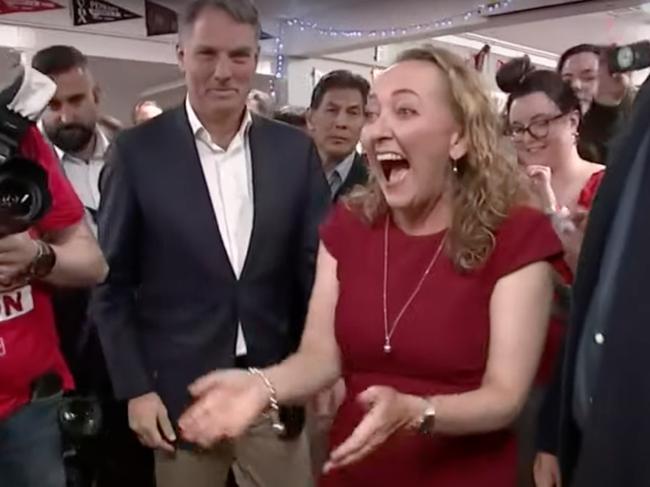


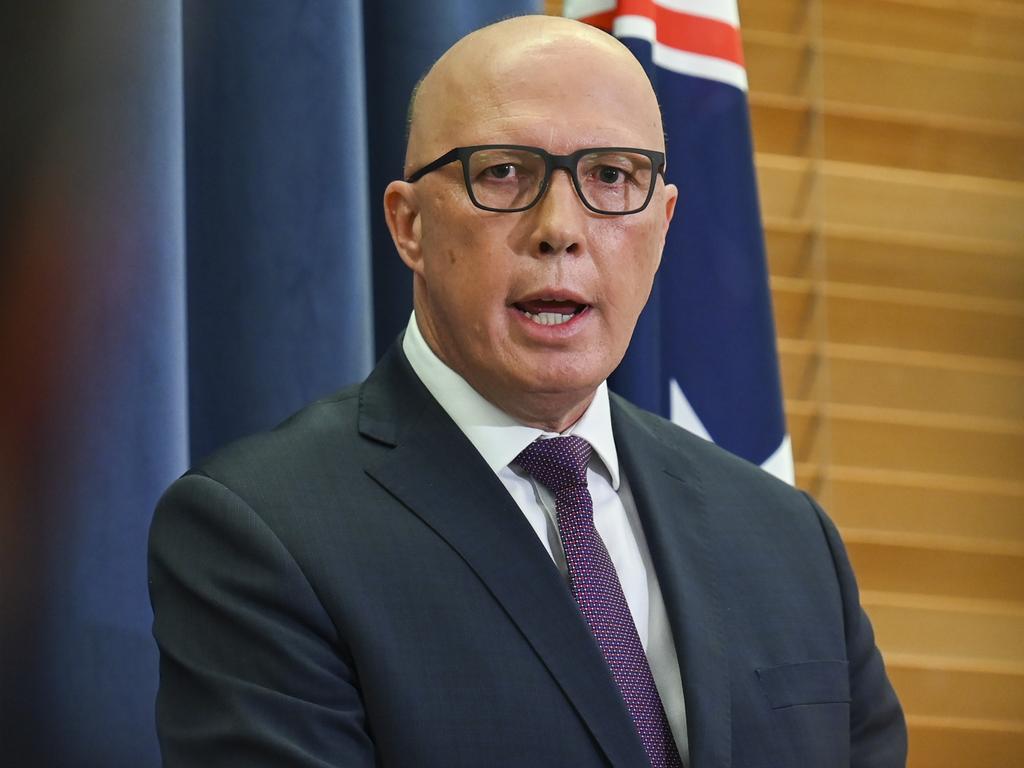
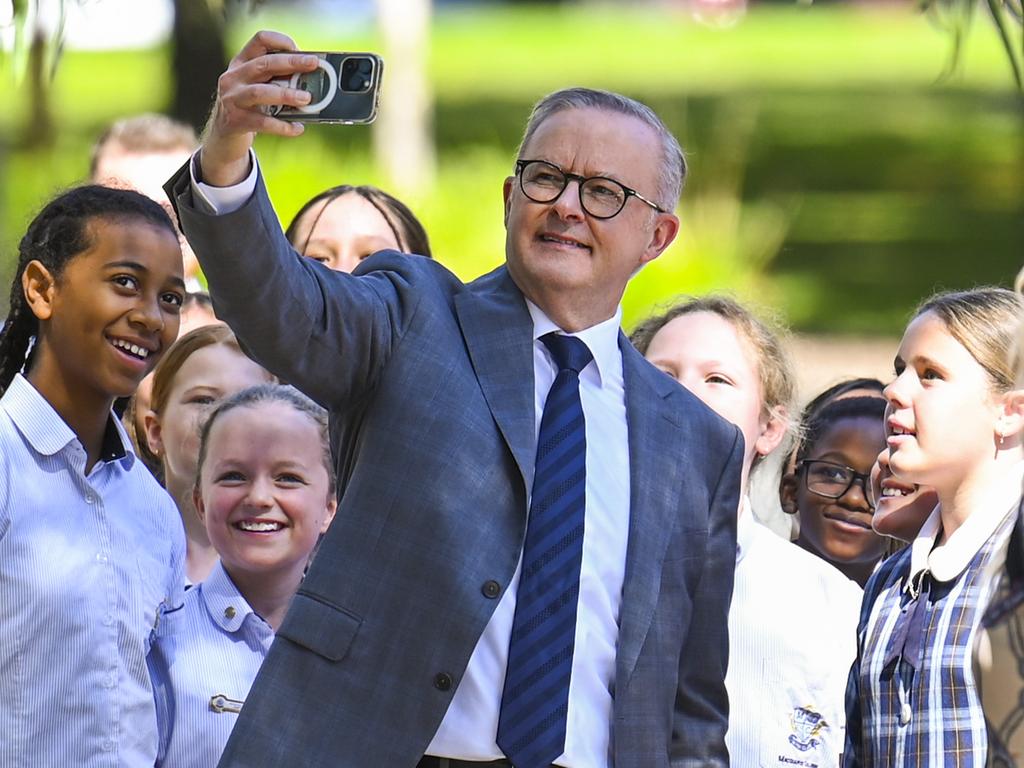
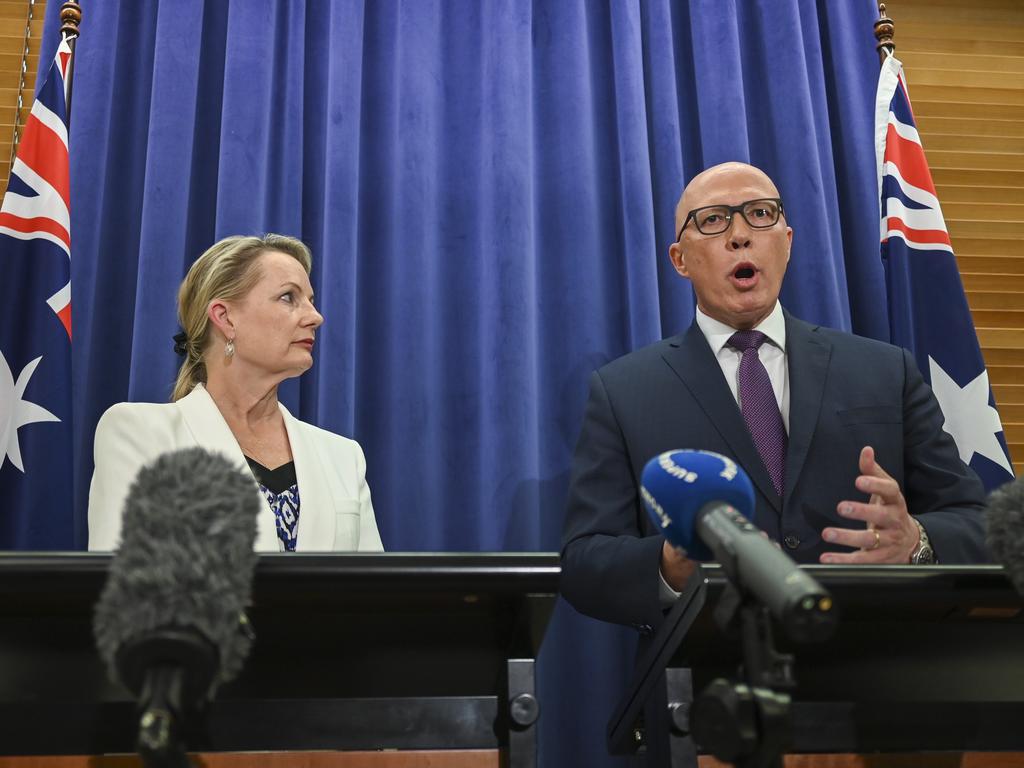
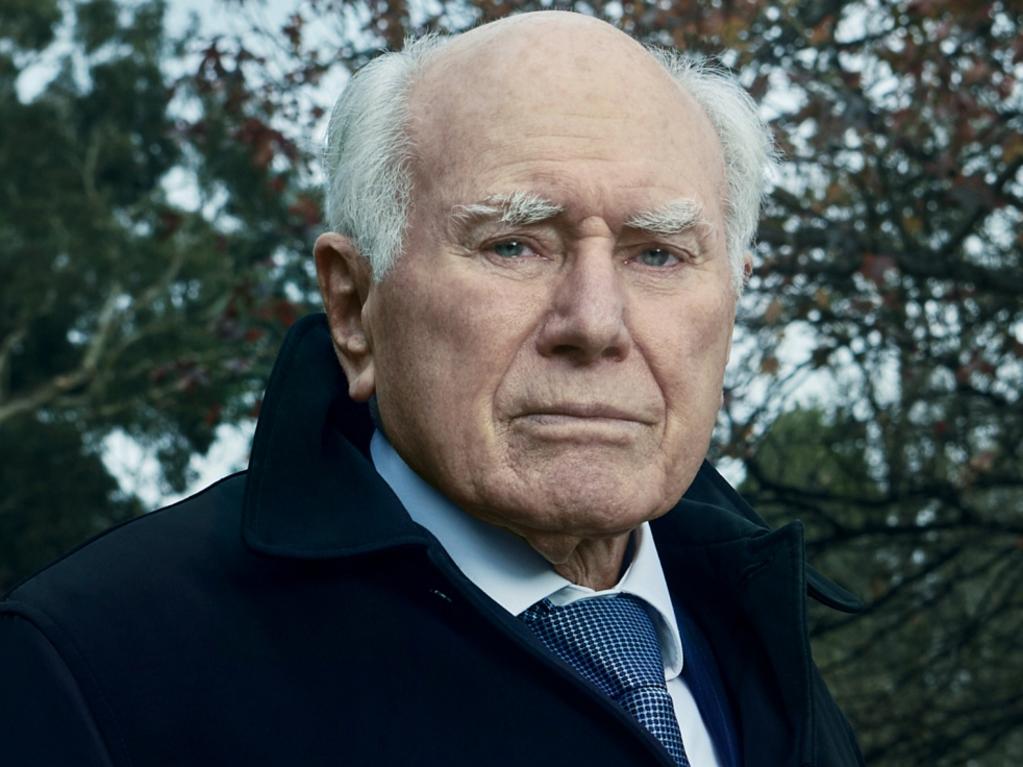


To join the conversation, please log in. Don't have an account? Register
Join the conversation, you are commenting as Logout